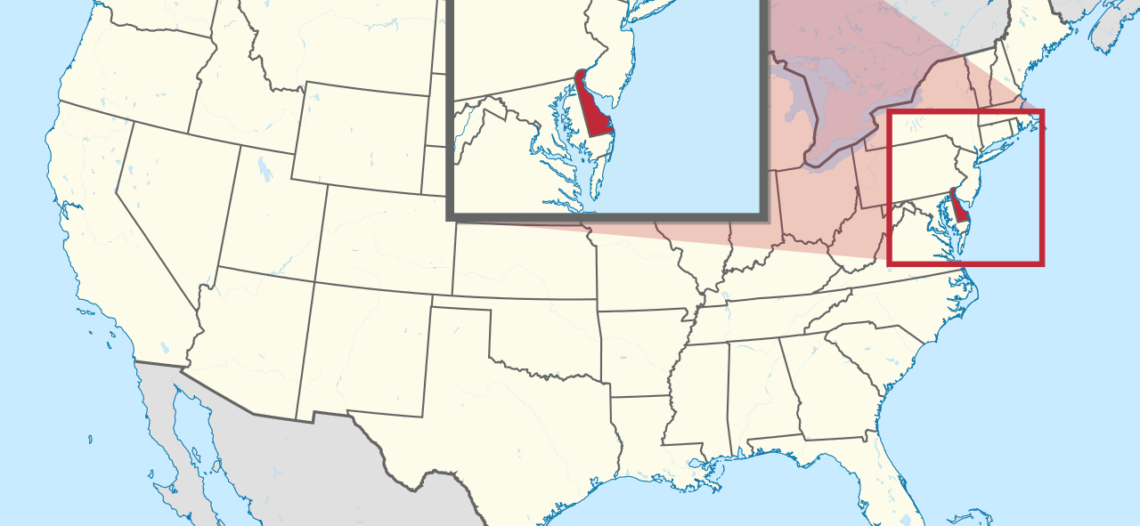Delaware Franchise Registration




The state of Delaware ranks among the top states in terms of favorable corporate taxes. With an attractive tax structure, Delaware provides both small and large businesses an opportunity to grow. Since most companies considering a new location assess the corporate tax rates, the state is conducive to contemplating your next move. The state’s highly competitive corporate tax is an excellent foundation for economic growth and other variables like infrastructure, broadband availability, training, and education. Compared to its neighbors in the Mid-Atlantic region, Delaware has outpaced them in industry diversity in new and mature business categories.
Delaware is a non-registration state, so franchisors are not required to register or file their franchise with the state before offering or selling a franchise location. However, although the state has not enacted any specific franchise laws, franchisors must adhere to Federal Trade Commission Franchise Laws.
If you are looking to franchise your business in Delaware, the only law that franchisees need to follow is the Delaware Franchise Security Act. Unlike other state franchise laws, the Delaware Franchise Security Act does not require franchisors to file or register their franchise with the state. However, these laws govern the relationship between franchisor and franchisee.
Franchisors who intend to offer or sell their franchise in Delaware are mandated by the Delaware Franchise Security Act to have an updated Franchise Disclosure Document (FDD). The FDD should contain any relevant information that the franchisee needs to know about the franchise. The Franchise Disclosure Document needs to be well-drafted and inclusive of all vital data. It is advisable to consult a professional franchise attorney so that your FDD covers all 23 items and any other relevant information.
According to the Federal Trade Commission Amended Rule, the franchisor must issue the prospect franchisee with a copy of FDD 14 days before the actual date of the sale. The Delaware Franchise Security Act, on the other hand, governs the relationship between a franchisor and franchisee in terms of Terminations, cancellations, or non-renewals. Section 2552 of the Delaware Franchise Security Act focuses on the failure to renew or unjust termination. This provision governs termination by a franchisor and stipulates a cancellation is “unjust” if there’s no compelling reason or it was based on bad faith.
The exact section of the Delaware Franchise Security Act also addresses silent franchise agreements regarding conditions of termination. It states that provisions of a franchise that allow the franchisor to terminate the franchise without proper grounds shall enable the franchisor only to make just termination.
A professional franchise lawyer can help you ensure that your offering or franchise sale complies with state and federal franchise laws—failure to abide by these laws when franchising in any state results in costly fines and penalties.
For more information on how to register your franchise in Delaware, visit the Franchise Marketing Systems site: https://www.fmsfranchise.com/learn/resources/state-guidelines/
